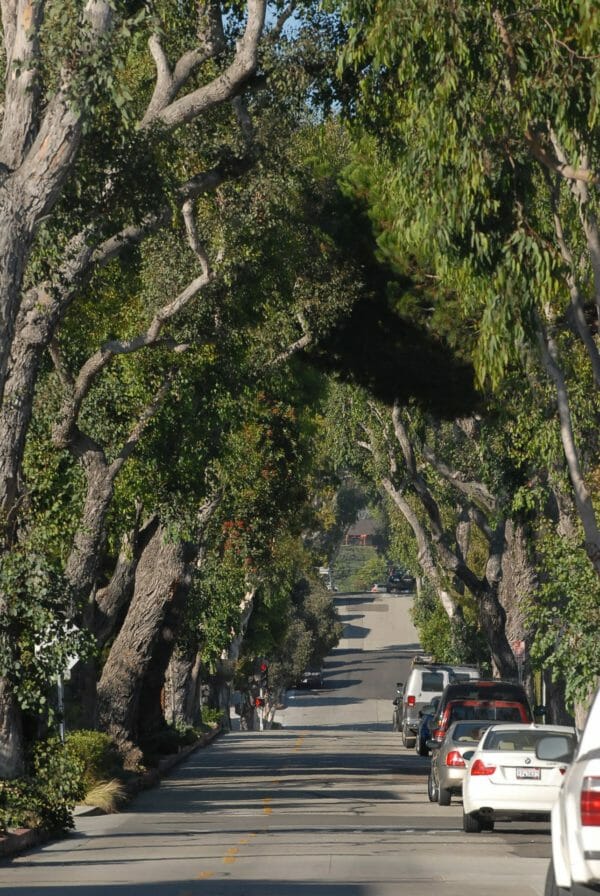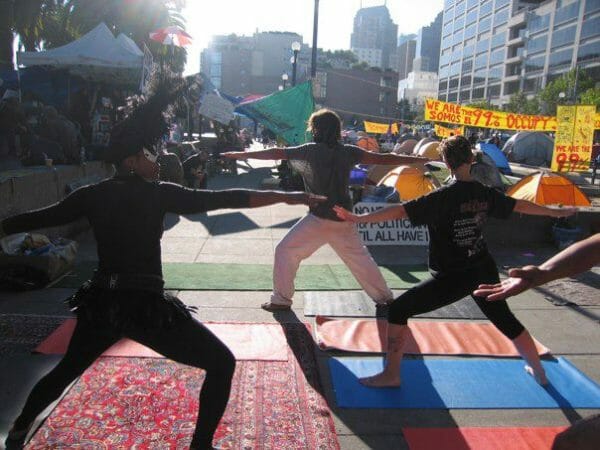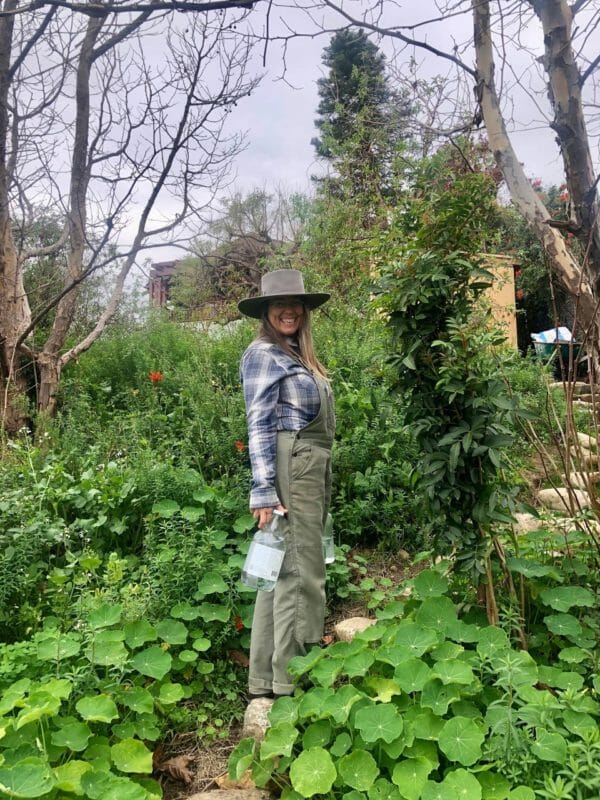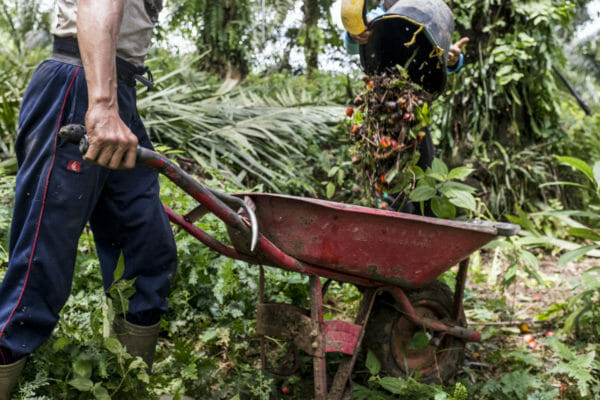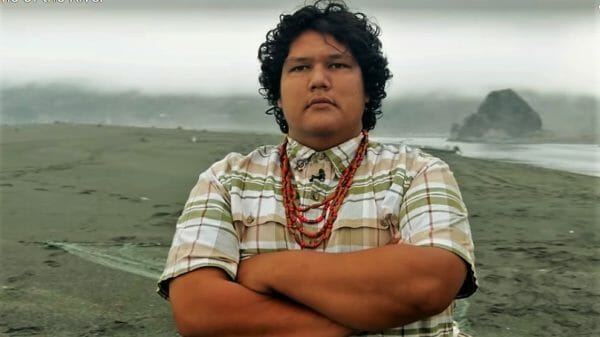Two Los Angeles arborists talk urban forestry with EcoJustice Radio, and about the need to plant and care for trees to strengthen urban ecosystems and heal the climate.
Author: Jack Eidt
The Call to Decolonize: Thoughts, Actions, and Spaces
Listen to Marria Evbuoma of Race to Zero Waste in San Francisco talk with EcoJustice Radio about the social justice meaning and importance of decolonization in thoughts, actions, and spaces.
Ecological Succession: Moving Toward Regeneration with Linda Gibbs
Permaculture Educator Linda Gibbs from Woodshed Gardens speaks with EcoJustice Radio on Ecological Succession, Fire Resiliency, and Soil Regeneration Principles.
Recipe for Abuse: Palm Oil, Child Labor, and Girl Scout Cookies
EcoJustice Radio discusses the dangers palm oil plantations present to tropical rainforest biodiversity and Indigenous communities in Southeast Asia, Central and South America, and Africa. We talk with Olivia Chaffin, a Girl Scout from Tennessee who has been petitioning to get not-sustainable palm oil out of Girl Scout cookies, and […]
Ch´ol Creation Story: The Origin of Life on Earth
Here we re-tell the creation myth of Ch’ujtiat from the Ch’ol People. Stories director Gabriela Badillo’s 68 Voices, 68 Hearts, a series of one-minute animations that preserve indigenous Mexican stories with narration provided by native speakers.
Dam-Free: Indigenous Peoples Reclaim the Klamath River
An agreement announced in November 2020 paves the way for demolition of four hydroelectric dams on the Lower Klamath River, the largest dam removal in U.S. history. This would reopen hundreds of miles of waterway along the Oregon-California border to Chinook and Coho Salmon restoration, critical and sacred to tribes […]
Corridor of the Surreal: Silver Webb and Jack Eidt Talk ‘City of Illumination’
Jack Eidt talks with Silver Webb on his surreal trip to the Underworld story “City of Illumination,” published by Borda Books in Delirium Corridor, A Dark Anthology, curated by Max Talley. It includes fifteen tales of psychological suspense, altered states, noir crime, and the surreal.

